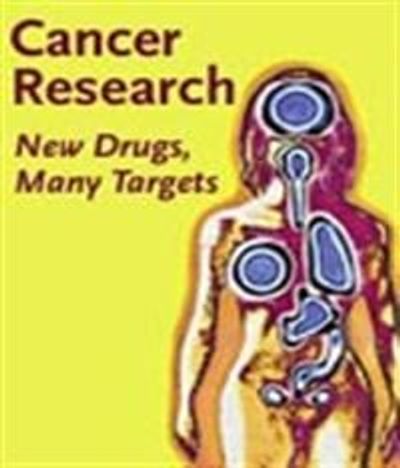The vaccine, developed by Elan Corp., contained Ab, the peptide widely believed to trigger AD by forming brain-clogging amyloid plaques. When Elan researchers vaccinated transgenic mice that had developed AD-like pathology, plaques melted away. Two-and-a-half years of animal experiments yielded further encouraging results. The vaccine prevented and possibly reversed cognitive deficits.1
Last September, Dublin-based Elan and its partner, Wyeth Pharmaceuticals, began a Phase II trial of the vaccine, AN-1792, injecting 375 mildly to moderately afflicted AD patients. In mid-January, the companies suspended further dosing because four patients showed signs of central nervous system inflammation. On March 1, the companies halted the study after 11 more...
Interested in reading more?




